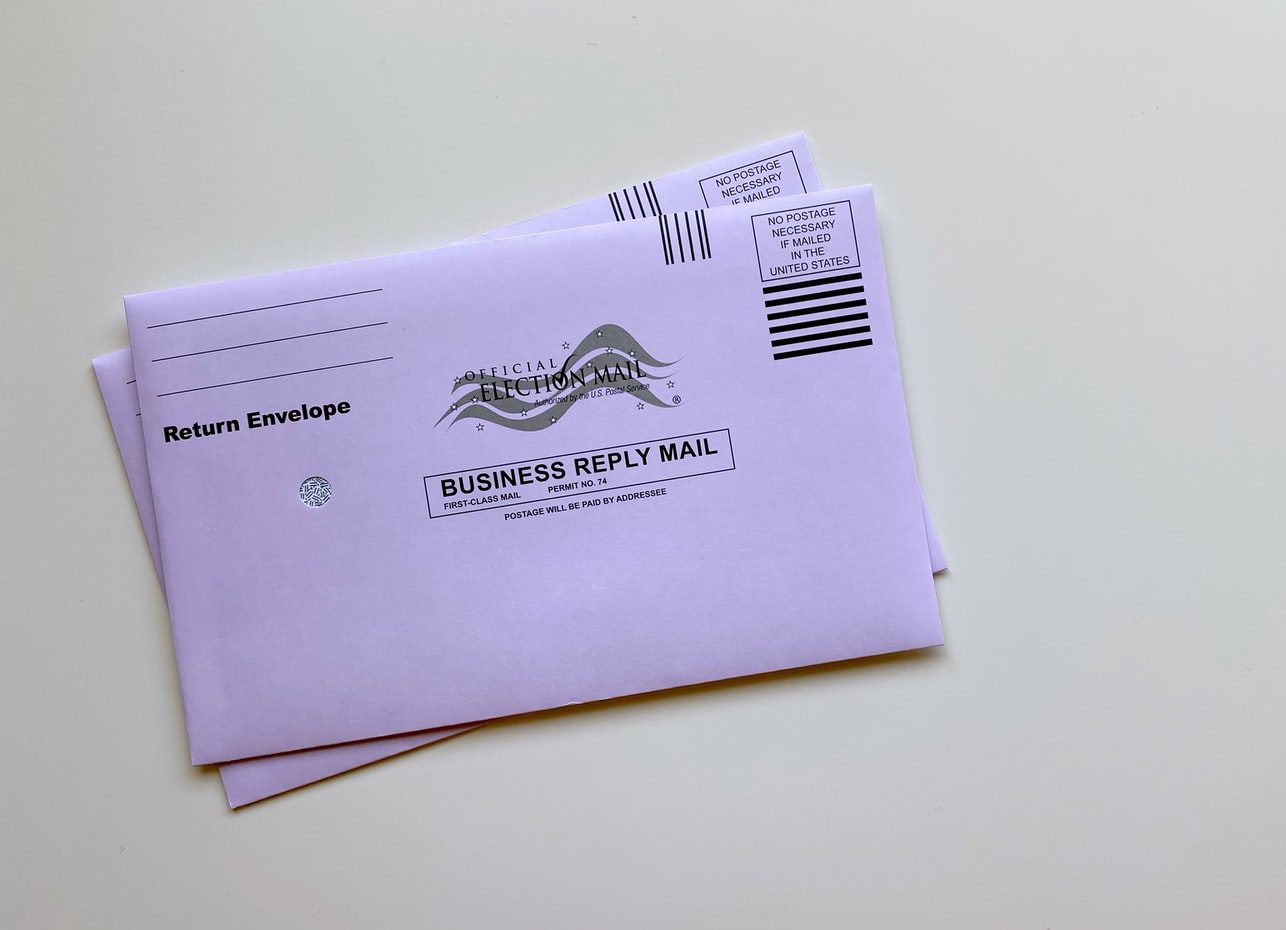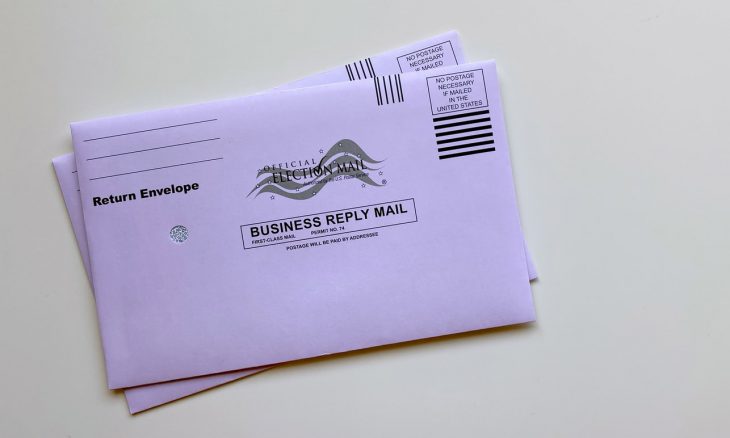Elections and a Litigious America

It has often been said that there are many communities in America that are too small to have a lawyer. But there are no communities too small to have two of them!
Americans are uniquely lawsuit-happy. The United States is the most litigious society in the world, spending about 2.2 percent of the national gross domestic product on lawsuits. In 2019, that amounted to roughly $310 billion a year, or about $1,000 for each person in the country. And about half of that cost is for legal fees. There are reforms that could be made to the legal system that would fix the litigiousness, but lawyers are financially incentivized to resist them.
It often seems that Congress is made up of lawyers. In the mid-19th century, around 80 percent of the U.S. Congress were lawyers. Today, that percentage is just under 40.
Elections—and the people in them—have been sources for lawsuits across time. Generally, the lawsuits are over procedural matters. Sometimes they are filed by a disgruntled electoral candidate. At other times, they may be filed by the major political parties.
Over the course of American history, there have been challenges to presidential elections. They were all settled by Congress as they dealt with Electoral College votes. In 1800, Thomas Jefferson and Aaron Burr tied in the electoral college. After 36 votes, the House of Representatives gave their support to Jefferson. In 1824, Andrew Jackson won the most popular votes and the elector votes, but without a majority of electoral votes, the House selected John Quincey Adams.
In 1860, Abraham Lincoln won a majority of electoral votes, but only by a plurality. The victory split the nation, and between Election Day and Inauguration Day, seven states voted to secede. Four more states followed suit the next spring. Six years later, Samuel Tilden won the popular vote, but Rutherford Hayes won the election after a special commission reviewed disputed state electoral tallies.
The presidential election of 2000 and the results that came out of the State of Florida were the subject of a lawsuit. Bush v. Gore was filed to settle a dispute that contended that not all ballots had been counted and that over 61,000 of them were missed by vote tabulating machines. On December 8, a month after the election, the Florida Supreme Court ordered a statewide recount of all undervotes. The George W. Bush campaign immediately asked the U.S. Supreme Court to halt the recount.
On December 9, five Supreme Court justices granted the stay for Bush, with Justice Antonin Scalia citing “irreparable harm” that could befall Bush as the recount would cast “a needless and unjustified cloud” over the legitimacy of the election. Oral arguments were heard on December 11. On December 12, the Court, in a 5-4 decision, ruled that the ballot recount not be conducted and ordered the Florida Secretary of State to certify the prior count for Bush. The term “hanging chads” came out of that election procedure, and Florida changed its voting method before the next presidential election.
History continues to be written. Following the 2020 presidential election, a lawsuit was filed by the State of Texas, seeking to invalidate results in Georgia, Michigan, Pennsylvania, and Wisconsin. Texas alleged that the states changed election procedures through non-legislative measures, in violation of the independent state legislature theory. The suit sought to temporarily withhold the certified vote count from the four states prior to the Electoral College vote on December 14. (The Texas lawsuit was filed after about 90 other lawsuits disputed the election results.) The U.S. Supreme Court rejected the attempt to throw out the election results that declared Joe Biden had won all four states. In the brief order rejecting the challenge, the Supreme Court ruled that Texas did not have legal standing to bring the case. Since that decision, dozens more lawsuits questioning the results of the election have been filed, but none have overturned Biden’s victory.
Many statewide legal challenges are currently on court dockets. Some have had rulings ahead of the midterm elections. Matters involve mail-in ballots, ballot “harvesting,” adequacy of petitions to get onto the ballot, issues of election observers, voting machines, and other matters that are carry-overs from the many lawsuits filed after the 2020 election. Redistricting resulted in a number of lawsuits in affected states.
On June 30, 2022, The U.S. Supreme Court agreed to take on a controversial election law case in its next session. The case could dramatically change how federal elections are conducted. At issue is a legal theory that would give state legislatures unfettered authority to set the rules for federal elections, free of supervision by state courts and state constitutions.
The theory, known as the “independent state legislature theory,” stems from the election clause in Article I of the Constitution. It says, “The times, places and manner of holding elections for senators and representatives, shall be prescribed in each state by the legislature thereof.” That theory was invoked in the Bush v. Gore case and in the Texas case on behalf of President Trump. The new case, Moore v. Harper, will be heard in the fall after the midterm elections.
The Word of God urges His people not to be party to lawsuits, but rather seek to find reconciliation with one another. However, when a lawsuit happens, Leviticus 19:15 says, “You shall do no injustice in court. You shall not be partial to the poor or defer to the great, but in righteousness shall you judge your neighbor.”
How then should we pray?
- For wisdom for America’s judges and justices as they hear cases regarding elections.
- To release to God any past elections in which you may have questioned the results.
- For state legislatures and the laws they make that govern elections.
- That the individual’s right to vote in free and fair elections would be preserved.





